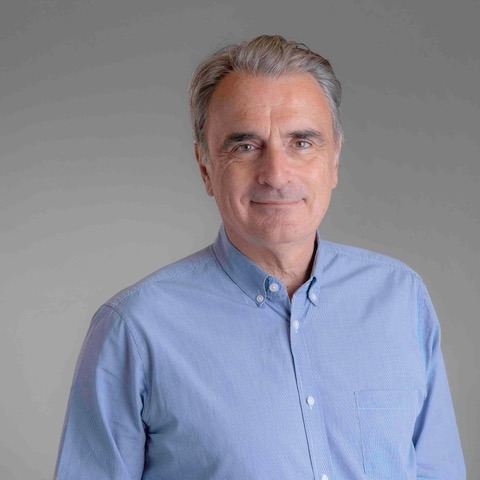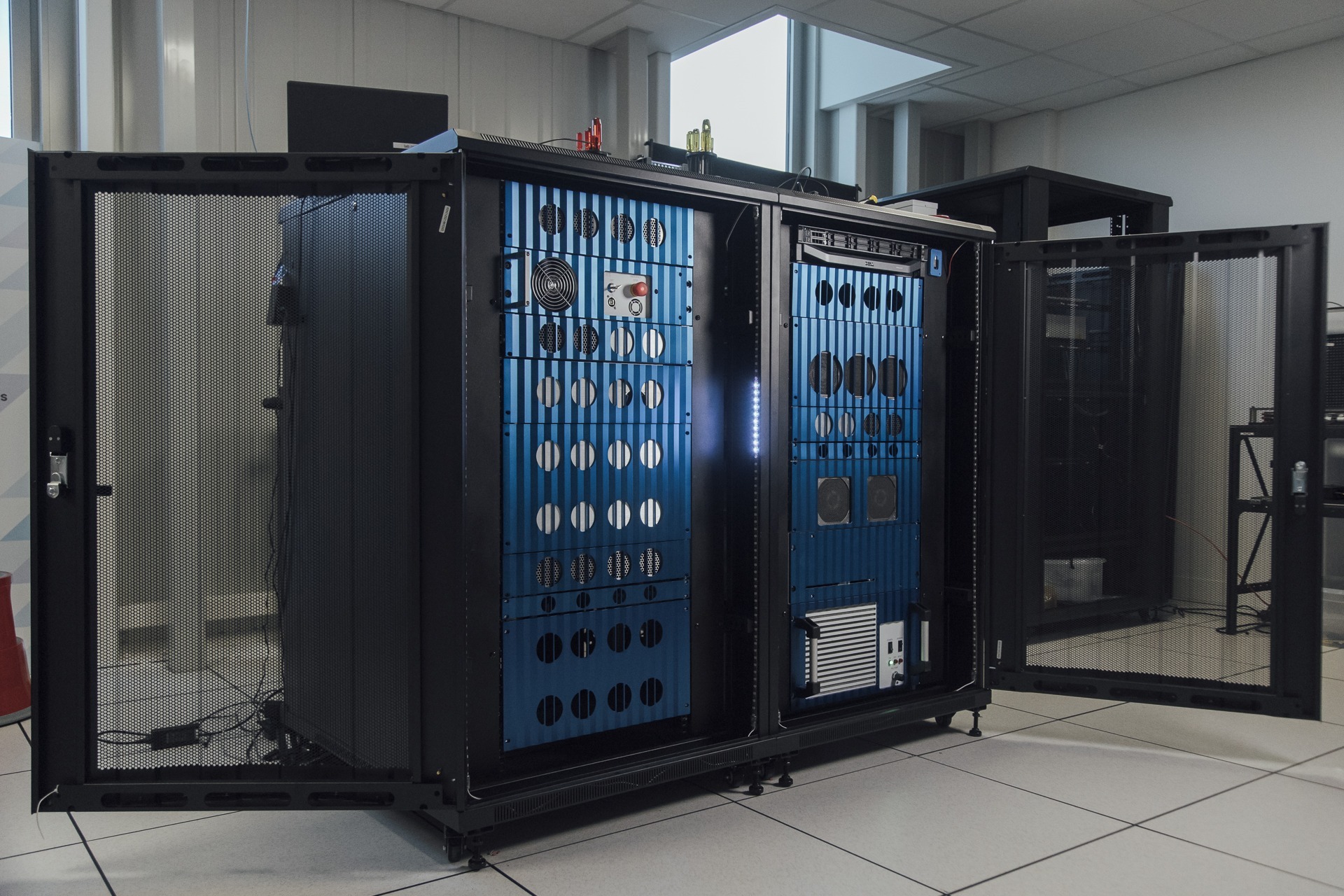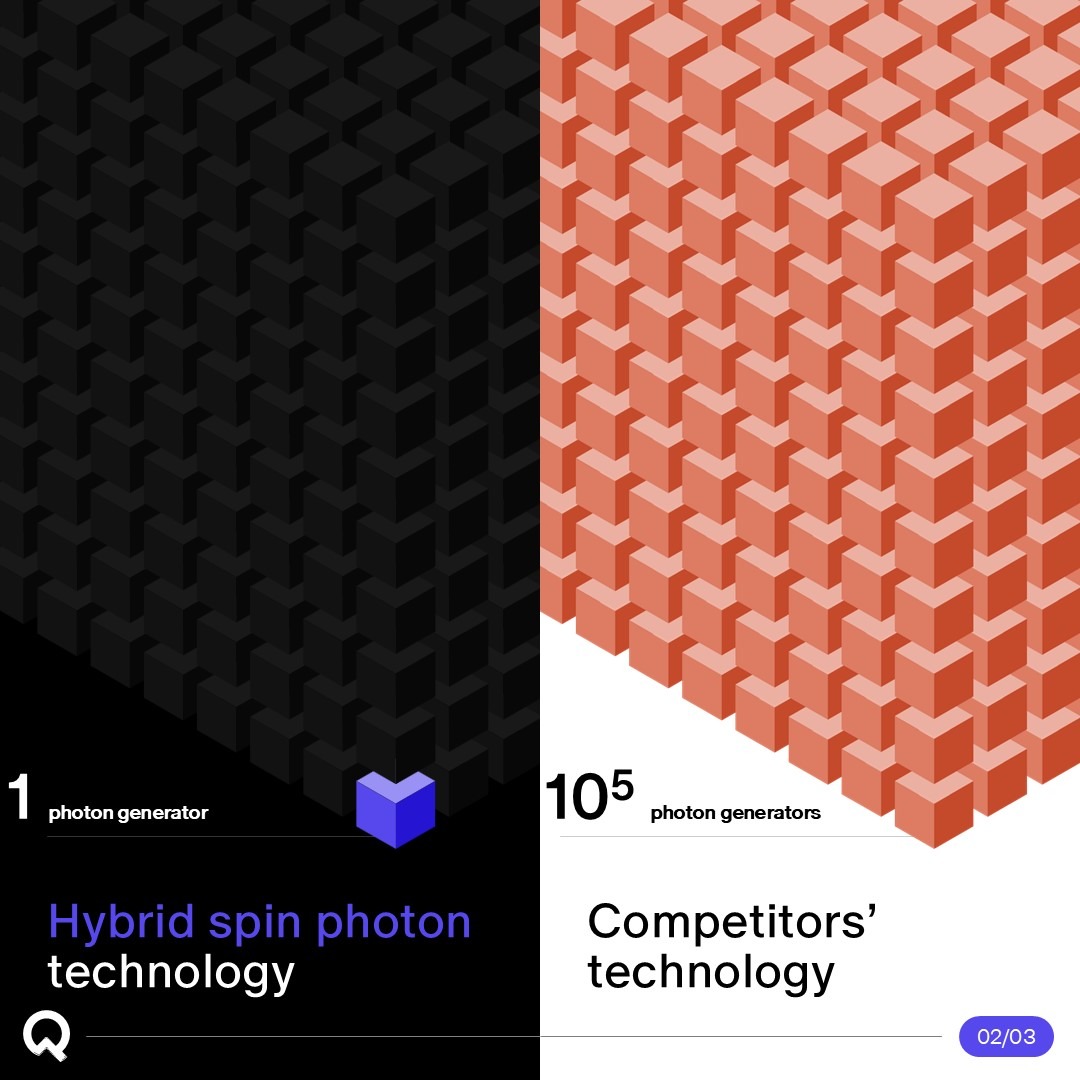PARIS, France, July 10th, 2024 – The French electric utility company EDF, along with quantum computing companies Quandela and Alice & Bob, and the French National Centre for Scientific Research (CNRS), have signed an agreement to collaborate on an innovative project to optimize energy consumption in quantum computing.
The project, named “Energetic Optimisation of Quantum Circuits” (OECQ), will, in the first phase, compare the energy requirements of high-performance computing (HPC) systems with those of quantum computers. This analysis will be based on relevant industry use cases and the advanced computations they require. This part of the project will provide the first measurement of energy consumption for the full stack of a quantum computer.
In the second phase, the project will focus on optimizing the energy consumption of quantum computers, addressing not only the energy required by the quantum processing unit (QPU) per se but also that of the auxiliary technologies powering the QPU, which are expected to make up a relevant share of the total quantum system consumption.
The OECQ project gathers a cross-disciplinary team, pooling together fundamental research and industry R&D:
- EDF, a major player in energy transition[1], offers industry use cases, as well as classical and quantum computing expertise. EDF will identify the relevant use cases that demand intensive computing power and therefore potentially high energy consumption.
Drawing on its experience in algorithm development, EDF decided to establish a team of quantum computing researchers in 2017 to test the computational and energy performance of these future machines. This aligns with EDF’s Responsible Digital Group [2] approach adopted since 2021. - Alice & Bob specializes in quantum processing unit and algorithm development. They will test the energy needs of their innovative superconducting qubit architecture, the cat qubit.
- Quandela is a leader in photonic quantum computing providing industry-grade hardware and software solutions. Their platform is based on semiconductor qubit devices and integrated photonics.
Alice & Bob and Quandela will estimate the energy consumption that a quantum algorithm would require for the selected use cases if solved using their current quantum systems. They will then leverage the insights gained, to build and test new, more energy-efficient quantum processor prototypes. - The CNRS Quantum Energy Team |QET> has provided the first methodology to tackle energy costs of the full stack of a quantum computer and plays a leading role in the development of a standard of energy efficiency at the IEEE.
Throughout the whole project, CNRS will ensure methodological excellence and compute the theoretical bounds for energy consumption.
The project, with a total cost of €6.1M, is supported up to €4.5M by a France 2030 grant operated on behalf of the French state by Bpifrance, France’s public investment bank.
“One of the primary objectives of the OECQ project is to seize the opportunity to develop quantum computing technology in an energy-efficient manner from the outset,” said Théau Peronnin, CEO of Alice & Bob. “As quantum computing is still in its nascent stages, this project will dimension the future energy infrastructures that will support mature quantum technology. Additionally, since energy consumption is a key cost driver in quantum tech, making these processes more efficient offers a significant competitive advantage.”
“EDF is committed to the promotion of a responsible and low-carbon digital transformation. Since 2018, EDF has been involved in evaluating the benefits of quantum for our businesses. This technology brings key advantages both in terms of computational speed and energy optimization,” said Joseph Mikael, Head of Quantum Computation.
“As co-founders of the Quantum Energy Initiative, our CNRS team is extremely excited by OECQ project, which is the first large project devoted to the exploration of a quantum energetic advantage in real quantum computers. It will consolidate the lead of France in quantum energetics and bring into existence a new way of practicing responsible innovation, which takes into account the fact that energetic resources are finite,” said Alexia Auffèves, CNRS Senior Scientist.
“We recognize that energy efficiency is paramount in the development of quantum computing technology,” said Niccolo Somaschi, CEO of Quandela. “As we push the boundaries of what is possible, it’s crucial that we do so in a sustainable manner.”
EDF Contact:
Joseph MIKAEL
joseph.mikael@edf.fr
Alice & Bob Contact:
HKA MarCom
Luke KEDING
luke@hkamarcom.com
Quandela Contact:
Marine-Xech Gaspa
marine.xech-gaspa@quandela.com
About EDF
The EDF Group is a key player in the energy transition, as an integrated energy operator engaged in all aspects of the energy business: power generation, distribution, trading, energy sales and energy services. The Group is a world leader in low-carbon energy, with a low carbon output of 434TWh, a diverse generation mix based mainly on nuclear and renewable energy (including hydropower). It is also investing in new technologies to support the energy transition. EDF’s raison d’être is to build a net zero energy future with electricity and innovative solutions and services, to help save the planet and drive well-being and economic development. The Group supplies energy and services to approximately 40.9 million customers and generated consolidated sales of €139.7 billion in 2023. Customers are counted per delivery site. A customer may have two delivery points.
About Alice & Bob
Alice & Bob is a quantum computing company based in Paris and Boston whose goal is to create the first universal, fault-tolerant quantum computer. Founded in 2020, Alice & Bob has already raised €30 million in funding, hired over 95 employees and demonstrated experimental results surpassing those of technology giants such as Google or IBM. Alice & Bob specializes in cat qubits, a pioneering technology developed by the company’s founders and later adopted by Amazon. Demonstrating the power of its cat architecture, Alice & Bob recently showed that it could reduce the hardware requirements for building a useful large-scale quantum computer by up to 200 times compared with competing approaches. Alice & Bob cat qubit is available for anyone to test through cloud access. Follow Alice & Bob on LinkedIn, X or YouTube, visit their website www.alice-bob.com, or join The Cat Tree on Slack to learn more.
About Quandela
Quandela, entreprise leader dans le domaine du calcul quantique, propose des solutions de niveau industriel. Quandela conçoit, construit et fournit des systèmes quantiques prêts à l’emploi pour les datacenters, des processeurs quantiques accessibles via le cloud, et des services d’accès aux algorithmes.
Fondée en 2017 par la professeure Pascale Senellart, directrice de recherche au Centre de nanosciences et nanotechnologies (C2N) du CNRS, Niccolo Somaschi et Valérian Giesz, experts de renommée internationale en physique quantique, Quandela emploie plus de 100 collaborateurs de 20 nationalités différentes, en majorité des chercheurs et des ingénieurs en optique, algorithmes et sciences de l’information.
Quandela s’engage à rendre l’informatique quantique accessible à tous pour relever les défis industriels et sociétaux les plus complexes.
Pour en savoir plus : www.quandela.com
GB
Quandela, a leader in quantum computing, specializes in industry-grade quantum computing solutions. Quandela designs, builds, and supplies datacenter-ready quantum computing systems, cloud-accessible quantum processors, and algorithm with industrial value.
Founded in 2017 by Professor Pascale Senellart, Research Director at the Centre for Nanosciences and Nanotechnologies (C2N) at CNRS, Niccolo Somaschi and Valerian Giesz, internationally renowned experts in quantum physics, Quandela currently has over 100 employees from 20 different nationalities, mostly researchers and engineers in optical, algorithm and data science.
Quandela is committed to making advanced quantum computing accessible and beneficial for all, empowering innovators to solve the most complex industrial and societal challenges.
About CNRS
A major player in basic research worldwide, the National Centre for Scientific Research (CNRS) is the only French organisation active in all scientific fields. Its unique position as a multi-specialist enables it to bring together all of the scientific disciplines in order to shed light on and understand the challenges of today’s world, in connection with public and socio-economic stakeholders. Together, the different sciences contribute to sustainable progress that benefits society as a whole. (www.cnrs.fr)
[1] https://www.edf.fr/groupe-edf/agir-en-entreprise-responsable/responsabilite-societale-dentreprise/transition-juste
[2] https://www.edf.fr/groupe-edf/agir-en-entreprise-responsable/numerique-oui-mais-responsable




